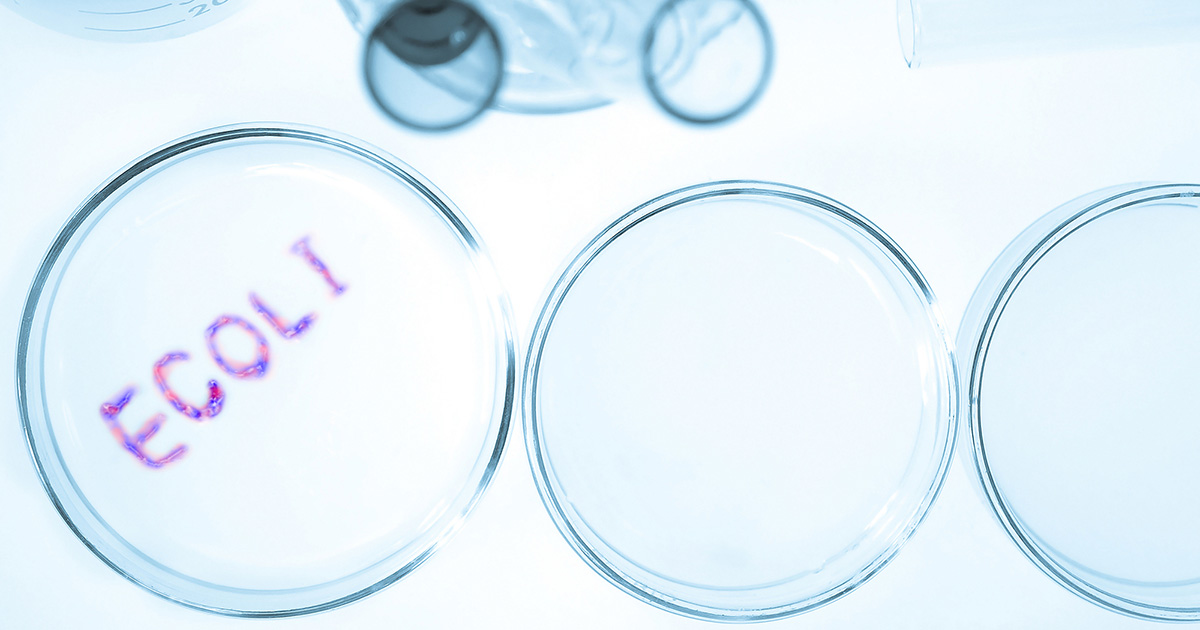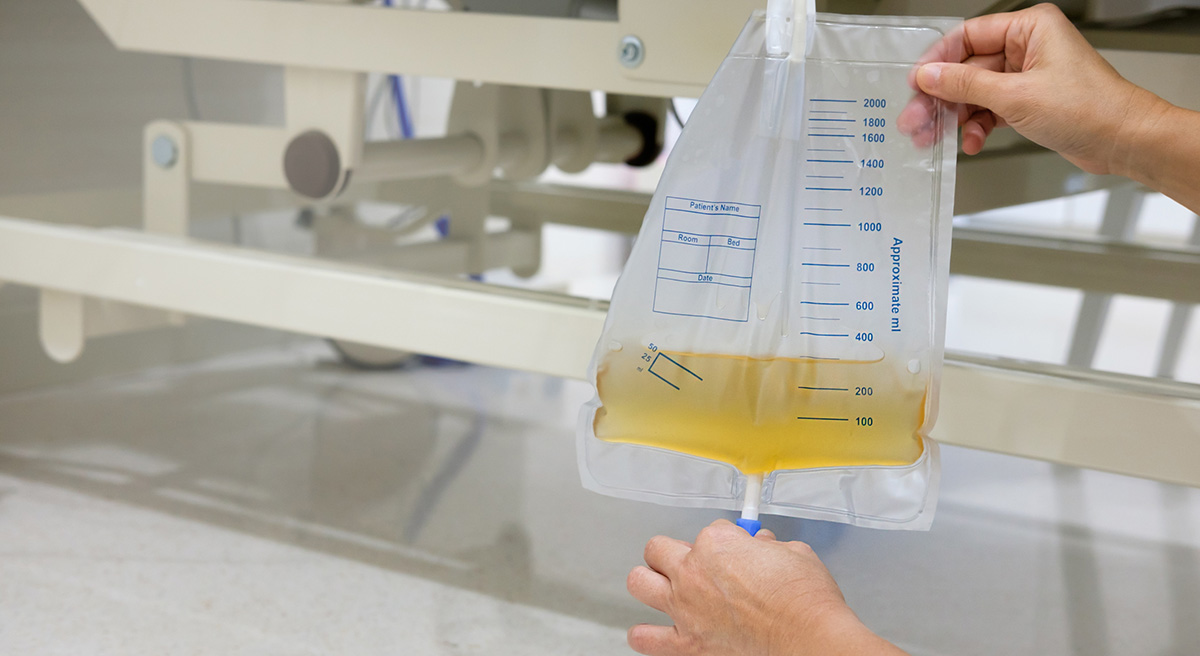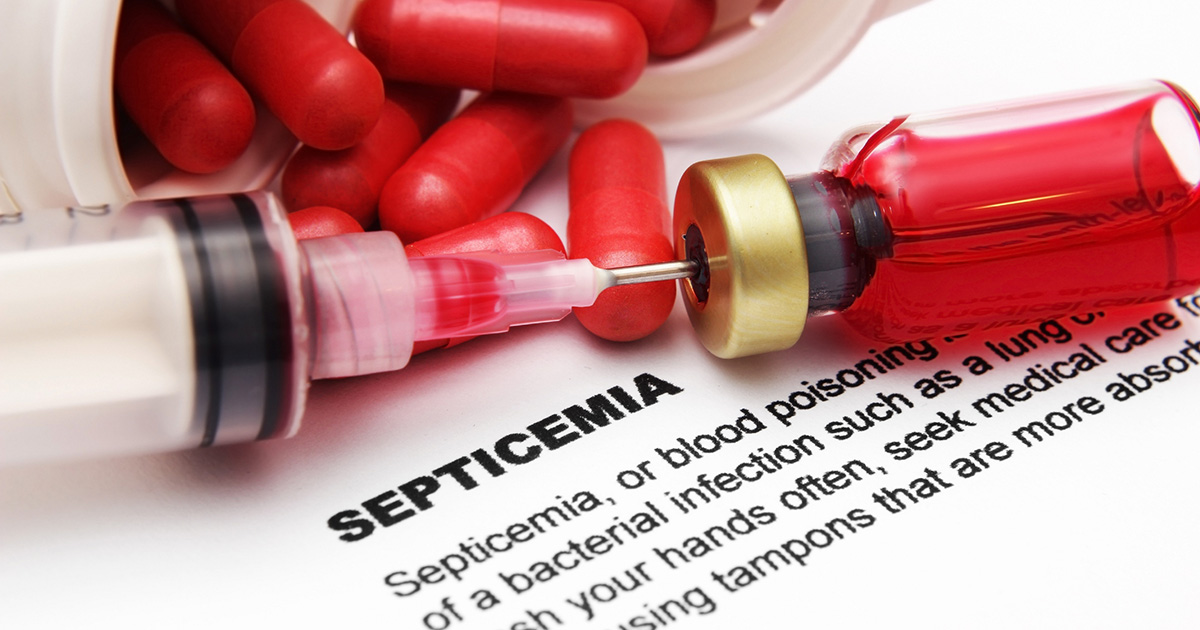The Symptoms & Causes Of A Kidney Infection
Many individuals may be aware of a urinary tract infection or might have had one at some point in their lifetime, but many do not know what a kidney infection is and the complications it can lead to, including death. Learn now about the signs and symptoms all individuals should be aware of, who is at risk for developing this condition, and the treatments available for patients, to ensure you or a loved one receive the proper medical attention to treat this possibly fatal illness!
What Is A Kidney Infection?

The primary function of the kidneys is to clean and remove waste as well as excess water from the blood. The kidneys are part of the urinary tract, which makes urine and removes it along with waste from the body. To put it into perspective, the urinary tract is composed of the kidneys, ureters, bladder, and urethra, and if any of these parts get bacteria in them, it can lead to a urinary tract infection (UTI), which is a bladder infection,. However, if bacteria travel to the ureters, it can develop into a kidney infection, which is a very serious problem.
Pyelonephritis, also commonly known as a kidney infection, is a type of UTI that usually begins in the urethra or bladder and travels to one or both kidneys, and requires immediate medical attention. If a kidney infection is not treated properly or is treated ineffectively, it can lead to permanent damage to one or both kidneys or the bacteria can spread to the bloodstream and result in a life-threatening infection. Treatment for a kidney infection typically includes antibiotics, but in some severe cases, may require hospitalization.
Signs & Symptoms

Common sign and symptoms of a kidney infection include fever, chills, back, side (flank) or groin pain, abdominal pain, frequent urination, a strong and persistent urge to urinate, burning or pain when urinating, nausea and vomiting, hematuria which is pus or blood in the urine, and urine that smells bad and is cloudy. If an individual shows any of these symptoms and is worried a kidney infection has developed, they should make an appointment with their doctor immediately, especially if they are being treated for a UTI and it is not improving.
A severe kidney infection can lead to life-threatening complications such as kidney damage or blood poisoning. A patient who has these common symptoms combined with bloody urine or nausea and vomiting should visit their local hospital immediately as well. Also, if a woman is pregnant, seeking medical attention is necessary, as a kidney infection can affect the baby's health.
What Causes A Kidney Infection?

As previously mentioned, a kidney infection develops from a urinary tract infection, specifically when bacteria enters the urinary tract through a tiny tube known as the urethra that carries urine from the body that then multiplies and travels to one or both kidneys. Specifically, the bacteria called E. coli generally causes the infection to begin with, and this is often the most common cause of a kidney infection. However, other infections can result in a kidney infection.
Bacteria from an infection elsewhere in the body can also spread and travel through the bloodstream to the kidneys, as although it is quite unusual for an infection to develop in this manner, it can happen if an individual has an artificial joint or heart valve that becomes infected. Rarely, a kidney infection occurs after a patient has kidney surgery, and it is also incredibly rare for an infection transmitted through the skin to travel through the bloodstream to the kidneys, but it can happen.
Risk Factors Associated With Kidney Infections

There are various risk factors that can put the possibility of an individual developing a kidney infection including being female, pregnancy, a urinary tract blockage, a weakened immune system, nerve damage around the bladder, a urine catheter, and a condition resulting in urine flowing in the wrong direction. On average, women are more prone to developing a kidney infection than men, as the urethra is shorter in women, which makes it substantially easier for bacteria to travel from outside of the body to the bladder, and once in the bladder, bacteria can spread to the kidneys.
Pregnant women have an even higher chance of developing a kidney infection due to this biological design. A urinary tract blockage includes anything that slows the flow of urine or decreases an individual’s ability to empty the bladder completely when urinating, such as a kidney stone, something abnormal in the urinary tract’s structure, or for men, an enlarged prostate gland. A weakened immune system includes medical conditions that impair the immune system such as diabetes and HIV, and specific medications.
Risk Factors Continued

Nerve damage around the bladder can also result in a kidney infection as nerve or spinal cord damage can block the sensations of a bladder infection, resulting in the patient being unaware when a kidney infection is further developing. A urinary catheter is a tube used to drain urine from the bladder, which can be placed during or after surgical procedures and diagnostic tests, and due to its invasive nature can cause a kidney or bladder infection. Also, a condition causing urine to flow the wrong way, such as vesicoureteral reflux, which is when small amounts of urine flow from the bladder back up into the ureters and kidneys, results in the patient being at a higher risk of contracting a kidney infection.
Complications It Can Lead To

When a kidney infection is left untreated, or even if treatment is delayed, it can lead to potentially serious complications such as kidney scarring, blood poisoning, and pregnancy complications for an expectant mother. Kidney scarring is one of the complications that can further lead to chronic kidney disease, high blood pressure, and kidney failure. For more information on kidney failure, check out Acute Renal Failure Symptoms And Causes. Blood poisoning, formally known as septicemia, occurs when a kidney infection causes bacteria to spread through the bloodstream, infected and contaminating healthy blood cells necessary for keeping the body functioning properly.
Lastly, pregnancy complications an expectant mother can experience when dealing with a kidney infection include an increased risk of the infant being born with a low birth weight, which can lead to further health complications for the child. It is essential that once diagnosed a patient should receive the proper care and treatment for a kidney infection as it can lead to many other health issues, and in severe cases, can be fatal.
How To Prevent A Kidney Infection

To reduce the risk of developing a kidney infection and avoid a urinary tract infection, individuals can take preventative steps, particularly women, to reduce their risk of contracting this critical illness. Preventative steps include drinking plenty of fluids, especially water, as they can help remove harmful bacteria from the body through urination; and urinating when an individual feels the need to. Individuals should also empty their bladder after intercourse, as urinating as soon as possible after intercourse helps remove bacteria from the urethra and reduces the risk of infection, particularly for women.
Another preventative measure is wiping carefully, specifically wiping front to back for women, to help prevent the spread of bacteria to the urethra. Women should also avoid the use of feminine products in the genital area, as using deodorant sprays or douches can cause irritation and increase a female's chances of developing a UTI and kidney infection. If you or a loved one ever show any of the signs and symptoms of a UTI or kidney infection do not hesitate to seek medical attention, as the quicker it is properly diagnosed, the more effective treatment will be and get you back on the road to recovery!
